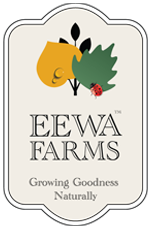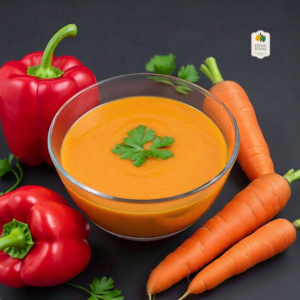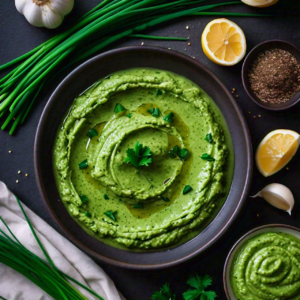
Why Hydroponic Farming is the Future of Food Production
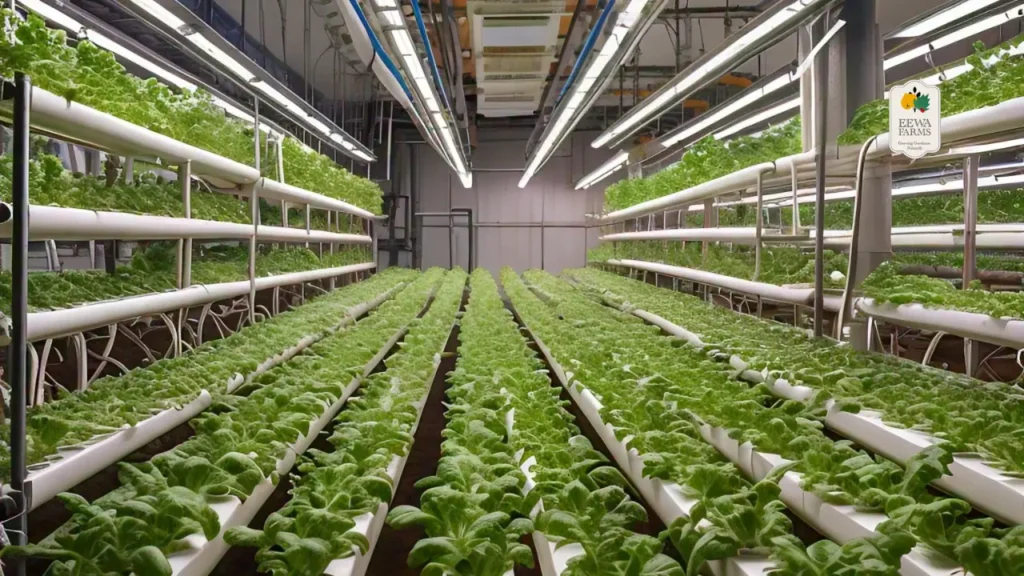
In a world grappling with the challenges of population growth, climate change, and shrinking agricultural land, finding sustainable ways to grow food has become more critical than ever. Hydroponic farming, an innovative method of growing plants without soil, is emerging as a game-changer in modern agriculture. Here’s why this revolutionary technique is poised to shape the future of food production.
What is Hydroponic Farming?
Hydroponic farming involves growing plants in a nutrient-rich water solution instead of traditional soil. The plants receive all the essential nutrients they need directly through the water, allowing for faster growth and higher yields. Since the process takes place in a controlled environment, factors like weather, pests, and diseases are minimized.
For those unfamiliar with technical terms:
- Nutrient Solution: A mix of water and minerals that plants need to grow.
- Controlled Environment: A space where light, temperature, and humidity are managed for optimal plant growth.
The Benefits of Hydroponic Farming
- Efficient Use of Resources
Traditional farming uses vast amounts of water, but hydroponics can reduce water usage by up to 90%. This is crucial as water scarcity continues to affect large parts of the world. - Year-Round Production
Since hydroponic farms are not dependent on seasons, they can grow crops all year, ensuring a consistent supply of fresh produce. Imagine having fresh tomatoes in the middle of winter—that’s the magic of hydroponics. - Space-Saving Technology
With hydroponics, crops can be grown vertically, using far less space compared to conventional farming. This makes it an ideal solution for urban areas with limited land. - Reduced Use of Pesticides and Chemicals
In hydroponics, plants are grown in clean, controlled environments, eliminating the need for harmful pesticides. The result? Healthier, residue-free produce for consumers.
Statistical Insights: Why Hydroponics is Gaining Momentum
- According to market research, the global hydroponics market is projected to grow at a compound annual growth rate (CAGR) of 11.3% from 2023 to 2030.
- Hydroponic farming uses 90% less water than soil-based farming, making it an eco-friendly alternative.
- A 2022 study found that hydroponic farms can yield up to 4 times more produce per square foot compared to traditional farming methods.
-
Sale!
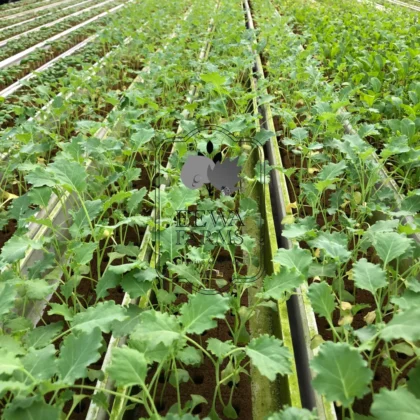 This product has multiple variants. The options may be chosen on the product page
This product has multiple variants. The options may be chosen on the product pageKale Seedlings
₹350.00 – ₹3,300.00 -
Sale!
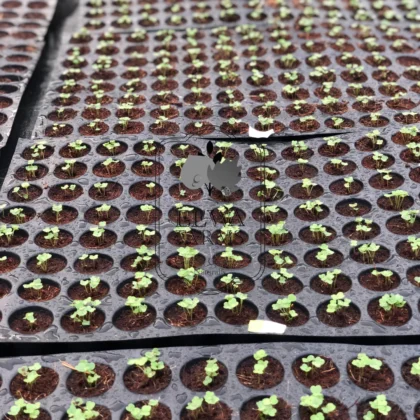 This product has multiple variants. The options may be chosen on the product page
This product has multiple variants. The options may be chosen on the product pageSpinach Seedlings
₹350.00 – ₹3,200.00 -
Sale!
 This product has multiple variants. The options may be chosen on the product page
This product has multiple variants. The options may be chosen on the product pageCherry Tomato Seedlings
₹398.00 – ₹3,500.00 -
Sale!
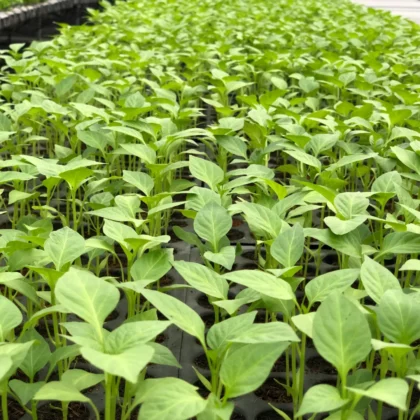 This product has multiple variants. The options may be chosen on the product page
This product has multiple variants. The options may be chosen on the product pageBell Pepper Seedlings
₹100.00 – ₹800.00
How Hydroponics Addresses Future Challenges
- Feeding a Growing Population
The global population is expected to reach 9.7 billion by 2050, increasing the demand for food by 70%. Hydroponics offers a scalable solution to produce more food in less time and space. - Climate Resilience
As extreme weather events become more frequent, hydroponics provides a reliable way to grow crops in controlled settings, unaffected by droughts, floods, or temperature fluctuations. - Urban Agriculture
With more people moving to cities, urban hydroponic farms can bring food production closer to consumers, reducing transportation costs and emissions.
The Role of Eewa Farms in Promoting Hydroponics
At Eewa Farms, we are committed to revolutionizing food production with our state-of-the-art hydroponic farming techniques. Our produce—ranging from fresh herbs to leafy greens—is grown in clean, sustainable environments, free from harmful chemicals and pesticides. By choosing Eewa Farms, you are not only supporting local agriculture but also embracing a future that prioritizes health, sustainability, and innovation.
The Future is Hydroponic
Hydroponic farming is more than just a trend; it’s a necessity for a sustainable future. By reducing resource consumption, overcoming land limitations, and ensuring consistent food supply, this method is redefining how we think about agriculture. As consumers become more conscious of where their food comes from, hydroponics will undoubtedly play a vital role in shaping the future of food production.
At Eewa Farms, we invite you to join us on this journey toward a cleaner, greener, and healthier future. Together, we can embrace the promise of hydroponic farming and create a world where fresh, sustainable food is accessible to all.

